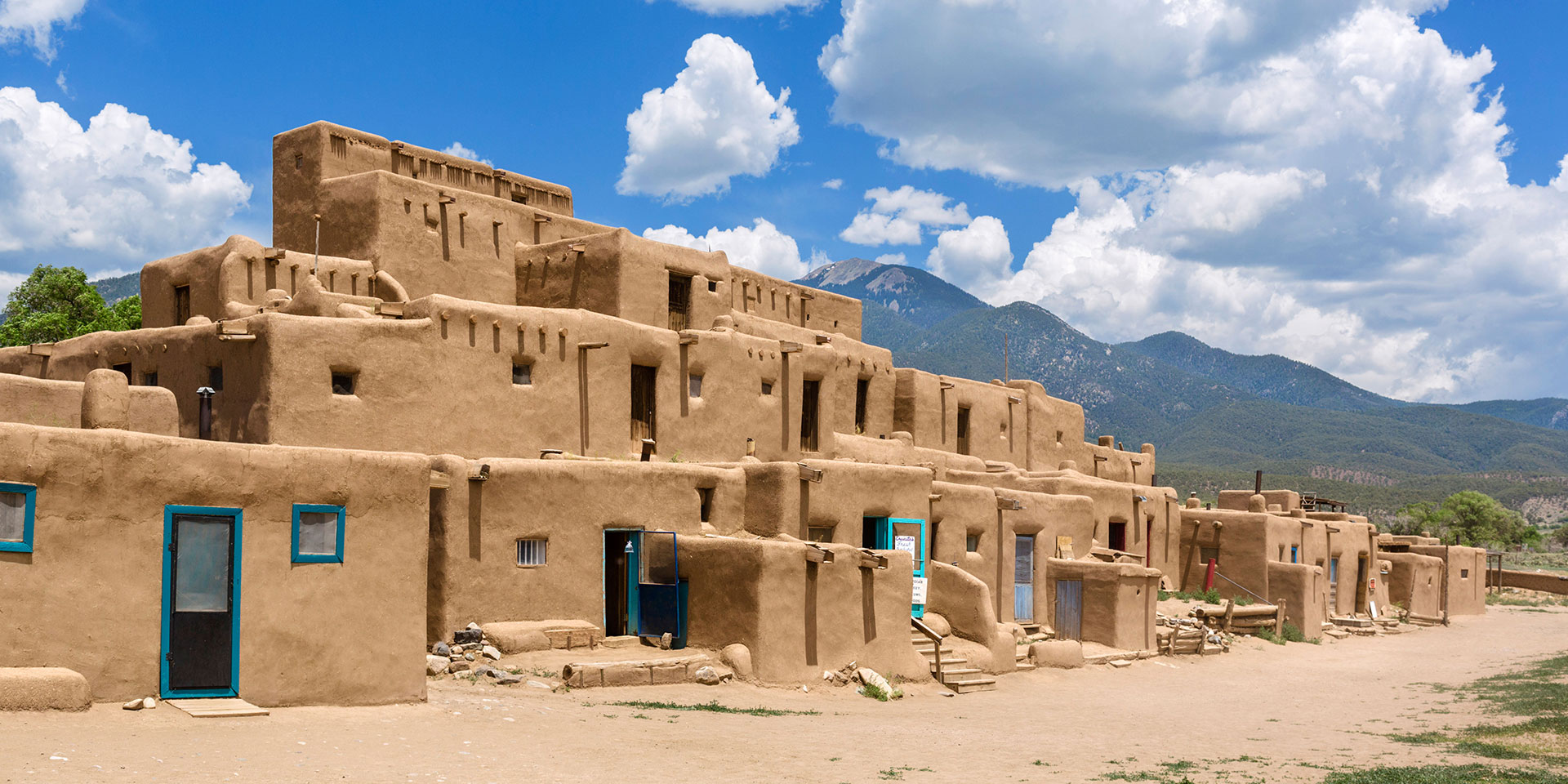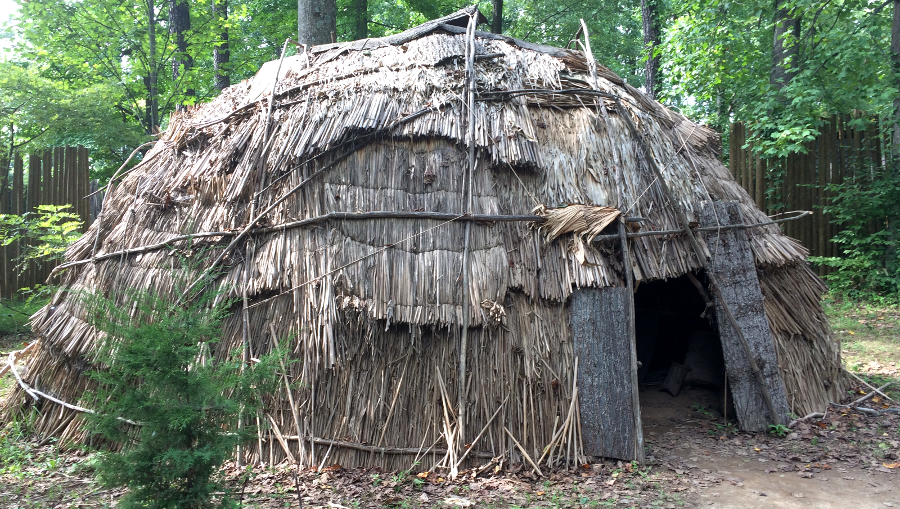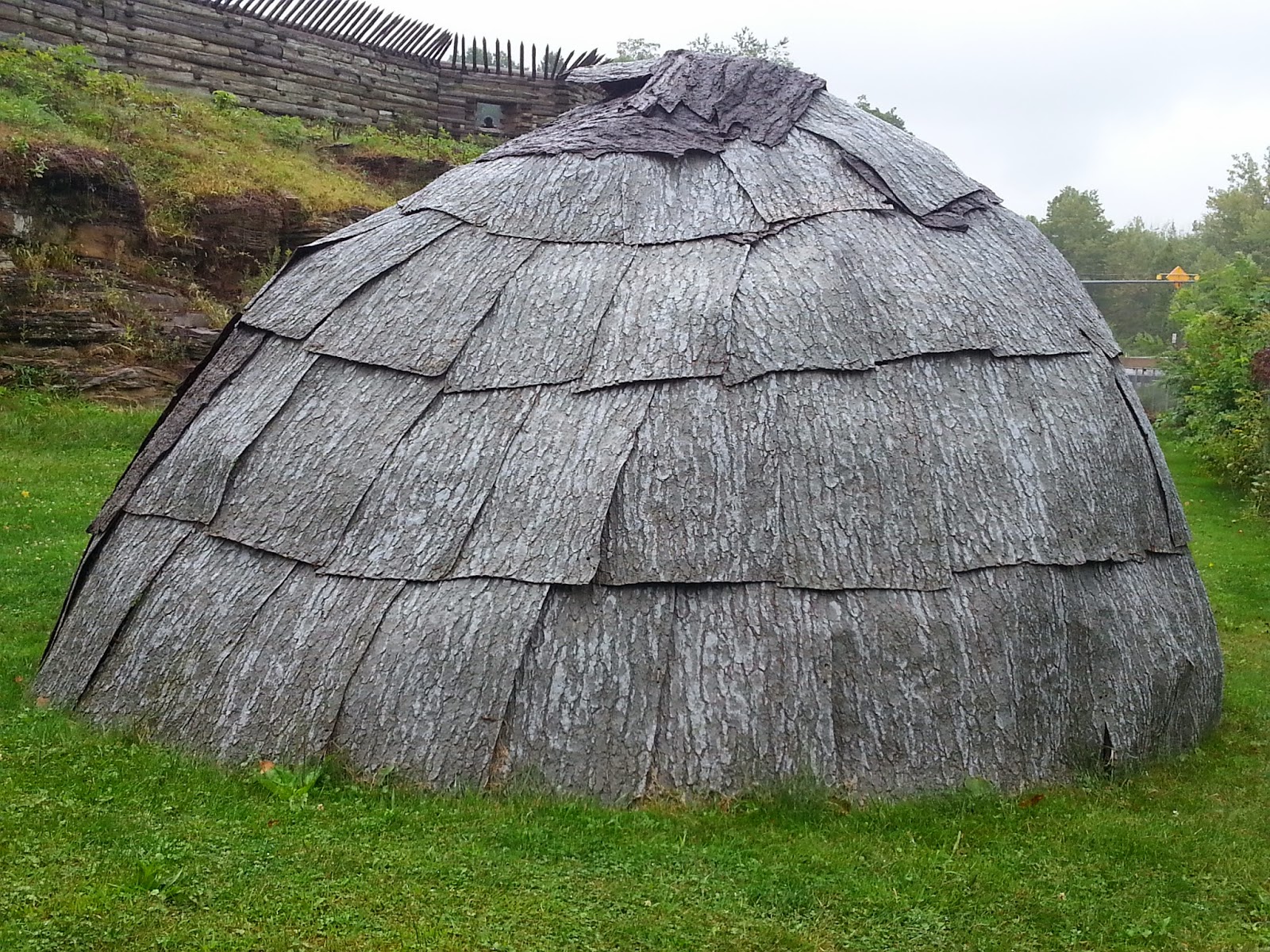California Coastal Native Americans Eva Varga
Native American houses were called by different names depending on the tribe, such as wigwam, longhouse, hogan, tipi, and adobe.. Native American houses were an essential part of their culture and way of life. These structures were not only used for shelter but also had significant spiritual and cultural meanings. Different tribes had their own unique styles of architecture, depending on their.

Pin on TRIBES of the INDIAN NATION
Britannica Quiz Architecture: The Built World Acoma Pueblo Acoma Pueblo, New Mexico, U.S. Edward S. Curtis: A Corner of Zuni A Corner of Zuni, photograph by Edward S. Curtis, c. 1903. In a typical pueblo building, adobe blocks form the walls of each room as well as a central courtyard; buildings can be up to five stories tall.

27 best Indian Houses images on Pinterest Indian house, Native
The most common styled house of the Mississippi Indians was the wattle and daub house. Constructed of wooden poles, small limbs, clay, and grass, these house.

Living In The Past Native american home, Native american houses
The Chinookan peoples of the Lower Columbia River built a variety of shelters, depending on season and purpose. The best known are plankhouses, post-and-beam structures built using Western red cedar posts and planks for walls, roofs, and sometimes floors. Chinookan plankhouses were part of a Native architectural tradition that in the nineteenth century stretched from southeast Alaska to.

Powwows to Pueblos 5 Places to Experience Native American Culture
Tribes or ethnic groups in northeast North America, south and east of Lake Ontario and Lake Erie, which had traditions of building longhouses include the Five Nations of the Iroquois Confederacy (Haudenosaunee): Seneca, Cayuga, Onondaga, Oneida and Mohawk.

TakmiLdin 2009 Native american houses, Indian homes, Northwest coast
Native American houses comprised of a huge variety of styles and designs. The Native American tribes who occupied the borders and edges of the States often reflected several types of houses which suited their way of living depending on season and area. Lists of Native American Houses Tepees - one of the most popular Native American houses.
Traditional North American native dwellings SpaceBattles
Native Americans are the 'indigenous' people of the American continent. They have lived throughout the continent for thousands of years. Native American culture was typically split into tribal living. Groups of people would gather together into family 'bands'. Several bands made up a tribe. Native American Lifestyle

Native American Structures in Virginia
1. Wigwam Wigwams are dome-shaped dwellings traditionally used by various tribes in the Northeastern and Great Lakes regions of North America. They are constructed with a framework of wooden poles covered with bark, mats, or animal skins. Wigwams are typically portable and easily assembled. 2. Longhouse

Native Americans working besides houses at Cahokia Mounds, Illinois
Mesa Verde National Park Colorado Cliff Dwellings The cliff dwellings of Mesa Verde are some of the most notable and best preserved in North America. Sometime during the late 1190s, after primarily living on the mesa tops for 600 years, many Ancestral Pueblo people began moving into pueblos they built into natural cliff alcoves.

Pin on Sheds and Other Small Buildings
Introduction Native Americans lived in many different types of housing. Some tribes were nomadic (they moved around) while others settled down in one place. Also, housing for a warm climate would be very different than for cold temperatures. Tipis Tipis of the Shoshoni Tribe, between 1880 and 1910

Native american houses, Native american home, Long house
The different types of Native American homes include teepee, wigwam, longhouse, chickee, igloo, and cliff dwelling, among others. What were the Native American houses made of? Native.
Colonial Quills 18th Century Native American Houses by Cynthia Howerter
Southeast Indian - Tribal Villages, Longhouses, Plankhouses: The basic settlement unit throughout the Southeast was the local village or town. These varied in size and configuration depending on local ecological resources and cultural preferences. Some towns attained populations of more than 1,000 individuals, but the more typical village was home to fewer than 500 residents.

Lancaster County PA Settlers
Native American Heritage Month, observed in the USA every year in November, celebrates this diversity and the heritage of the over 575 Native nations currently in the USA, encouraging Natives and non-Natives to engage with and appreciate the culture of the people who first built their homes and raised the cities across Turtle Island.

Colonial Quills 18th Century Native American Houses by Cynthia Howerter
Wigwams (or wetus) are Native American houses used by Algonquian Indians in the woodland regions. Wigwam is the word for "house" in the Abenaki tribe, and wetu is the word for "house" in the Wampanoag tribe. Sometimes they are also known as birchbark houses. Wigwams are small houses, usually 8-10 feet tall.
Colonial Quills 18th Century Native American Houses by Cynthia Howerter
Traditional Native American homes include wigwams, longhouses, tipis, hogans, and adobe houses. These homes were built using local materials such as wood, grass, and animal hides. They were designed to be mobile, allowing tribes to easily move from place to place depending on the season and availability of resources. Modern Housing

Photo of Dwellings by Photo Stock Source native american, Taos Pueblo
A wigwam, wickiup, wetu ( Wampanoag ), or wiigiwaam ( Ojibwe, in syllabics: ᐧᐄᑭᐧᐋᒻ) [1] is a semi-permanent domed dwelling formerly used by certain Native American tribes and First Nations people and still used for ceremonial events.